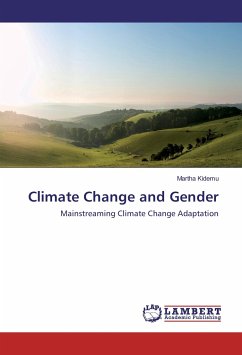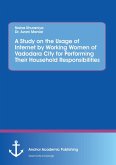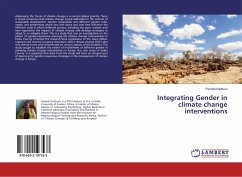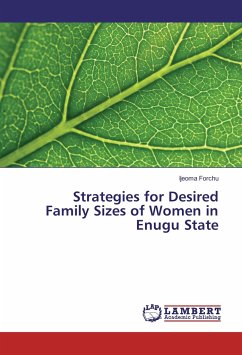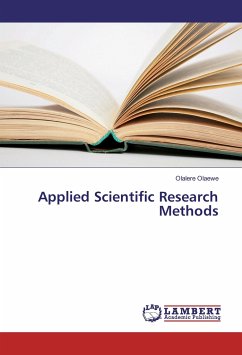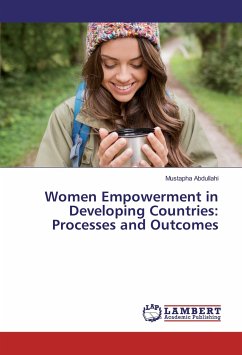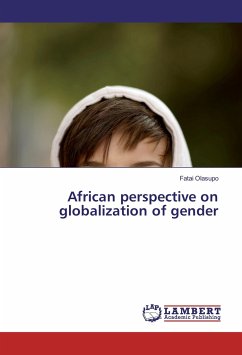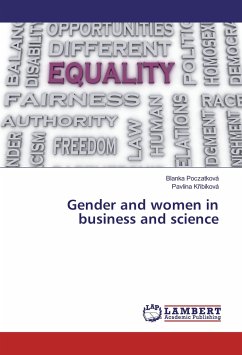Ethiopia's location being in tropics and its economic dependence on natural resources makes it vulnerable to climate change impact. Difference in labor division between men and women implies difference in opportunities and constraints in practicing climate change adaptations. However, specific factors affecting women climate change adaptation were not studied in the country. Therefore this study contribute to fill the gap of gender in study of factors affecting women climate change adaptation, which is useful for planning gender sensitive development projects in mainstreaming climate change. The result of the study showed that the major climate change adaptation mechanisms practiced by women in the study area were: crop variety diversification, pesticide use, planting trees, crop rotation, shifting cultivation,and shifting to non-farming activities particularly sell of charcoal and firewood. And the determinant factors affecting women adaptation to climate change were: wealth status, access to climate and weather information, distance from home of clean water and forest for firewood collection, education level, working condition and area of farmland owned.
Bitte wählen Sie Ihr Anliegen aus.
Rechnungen
Retourenschein anfordern
Bestellstatus
Storno

